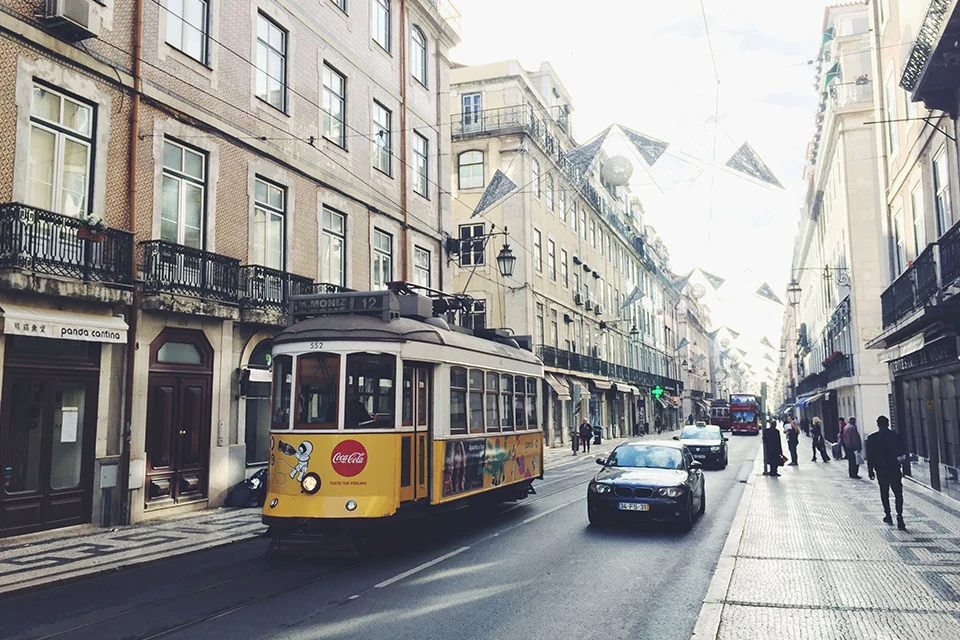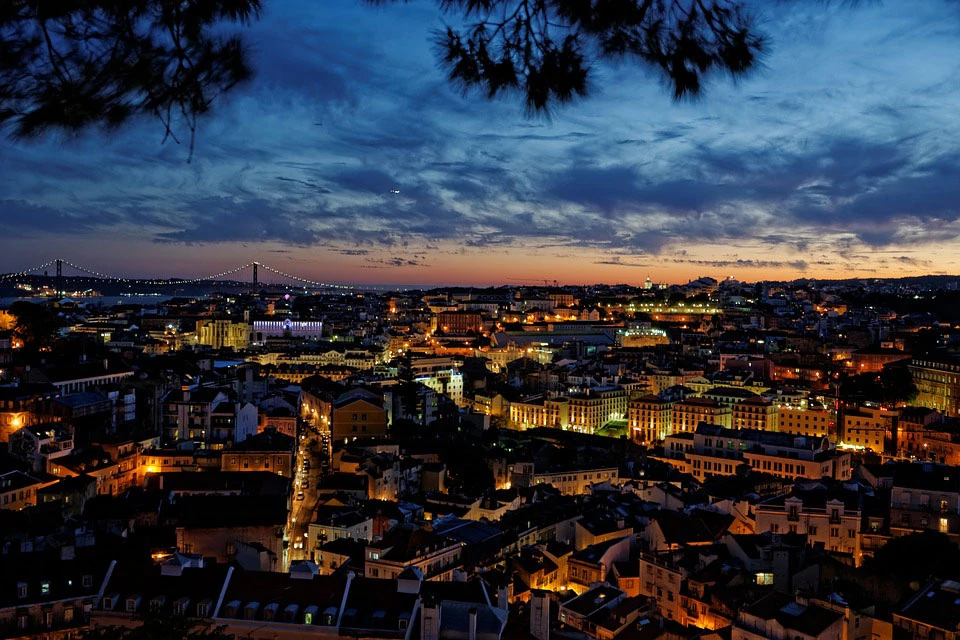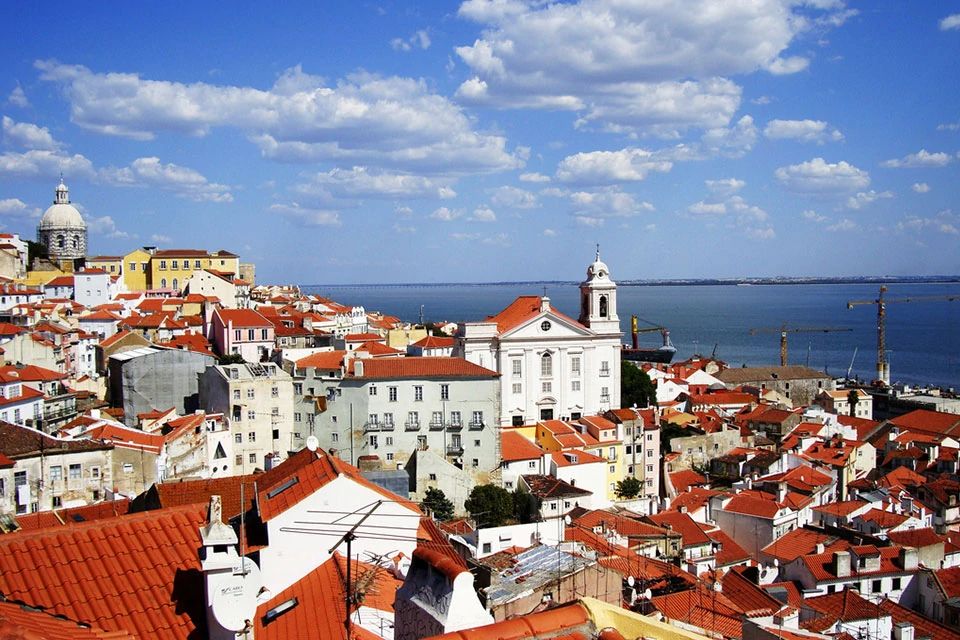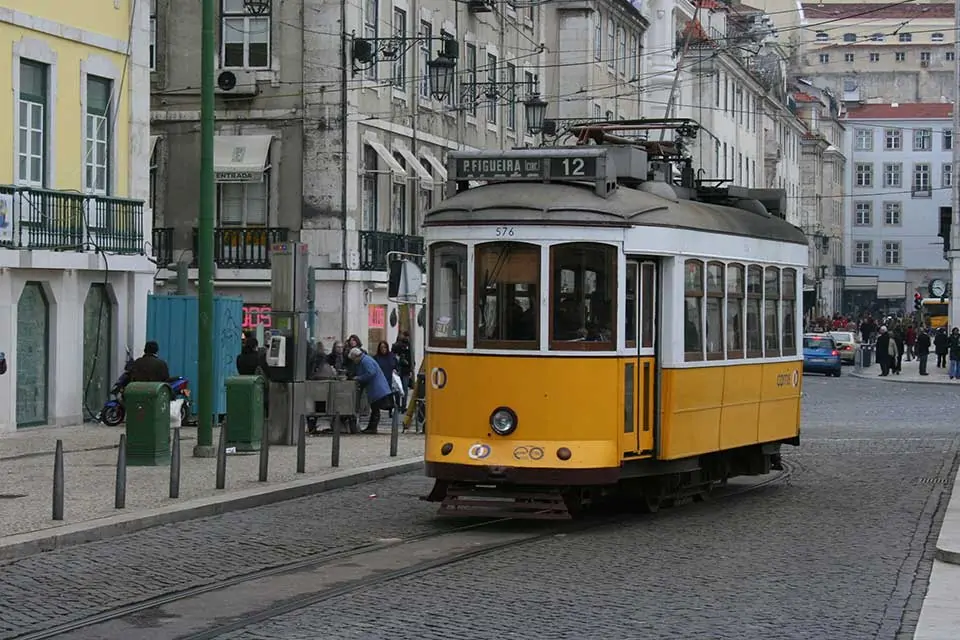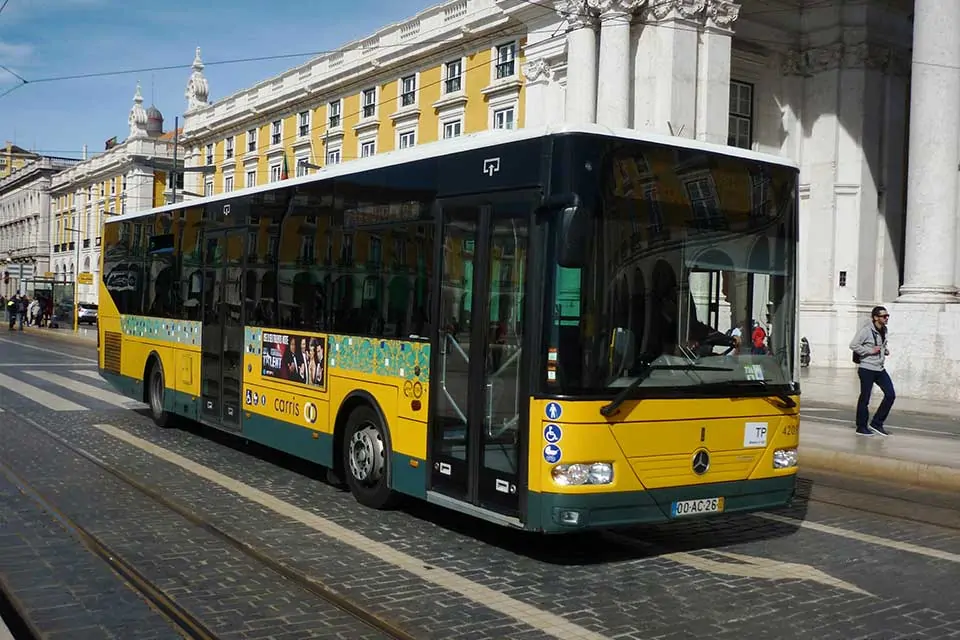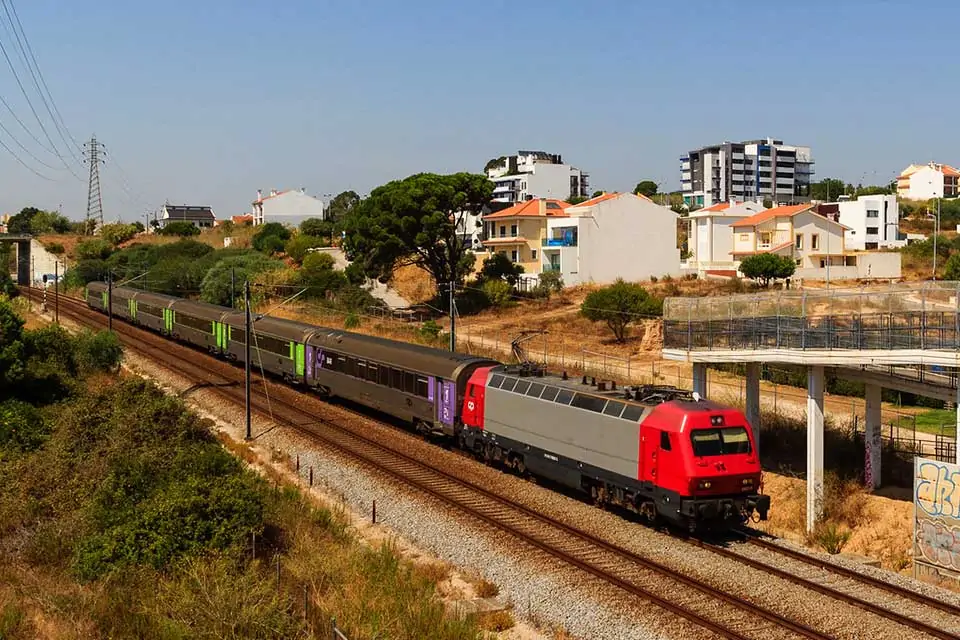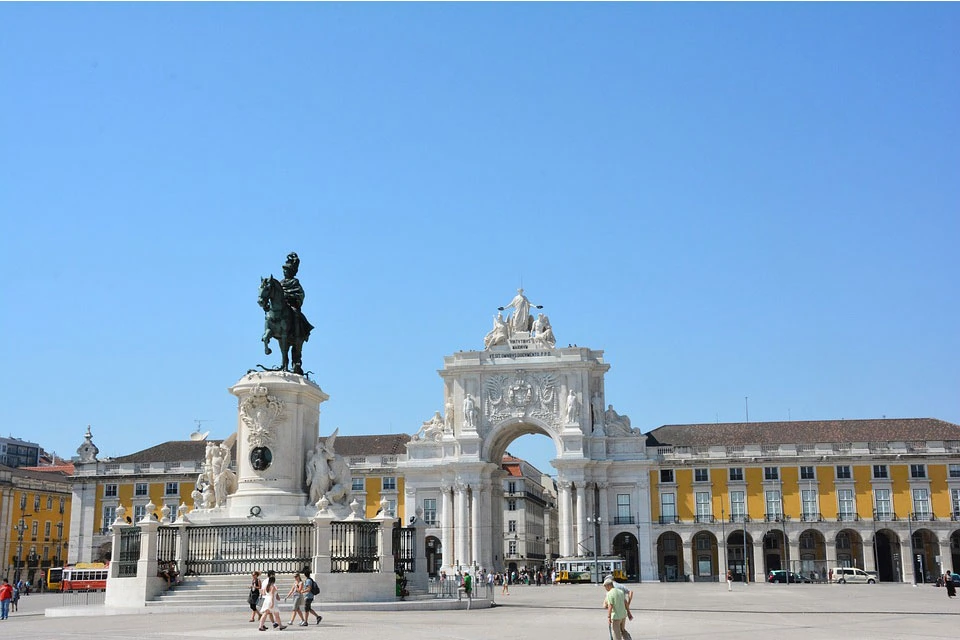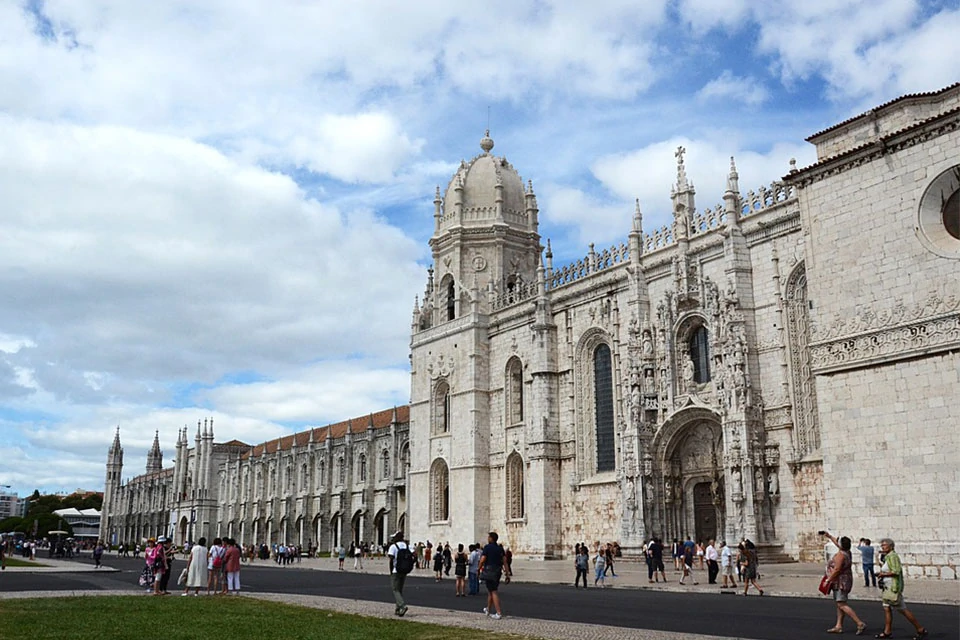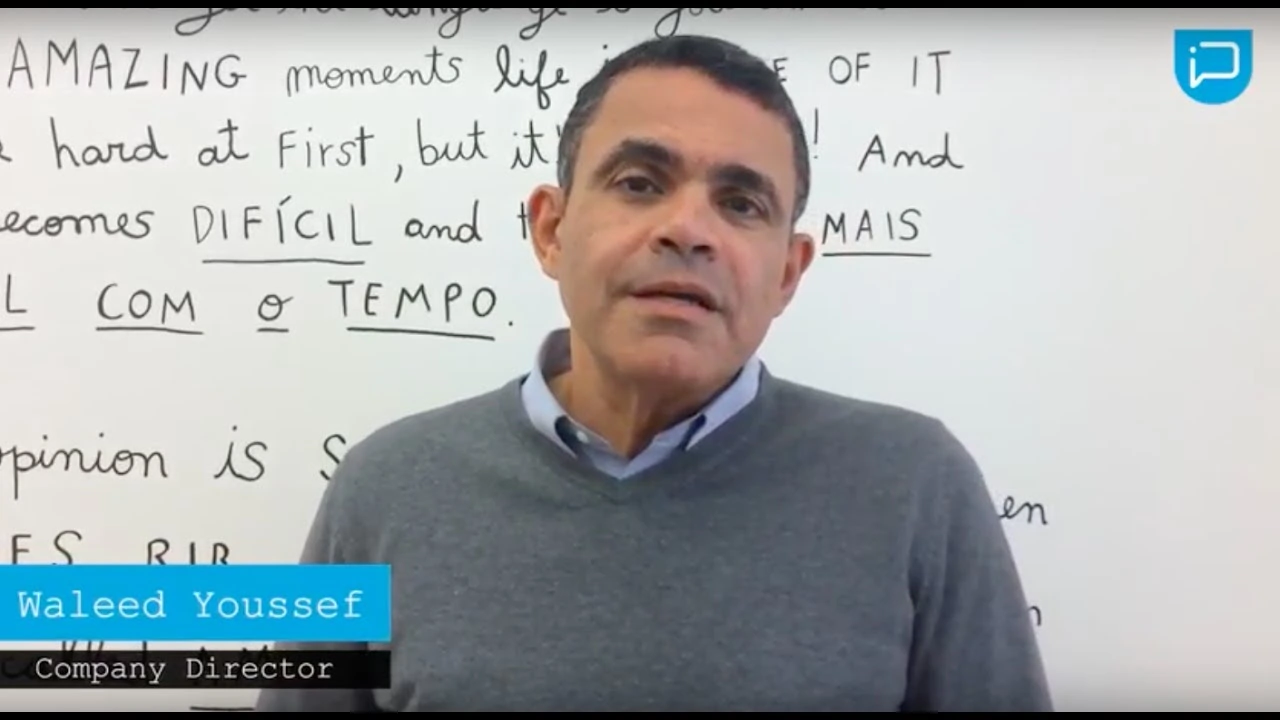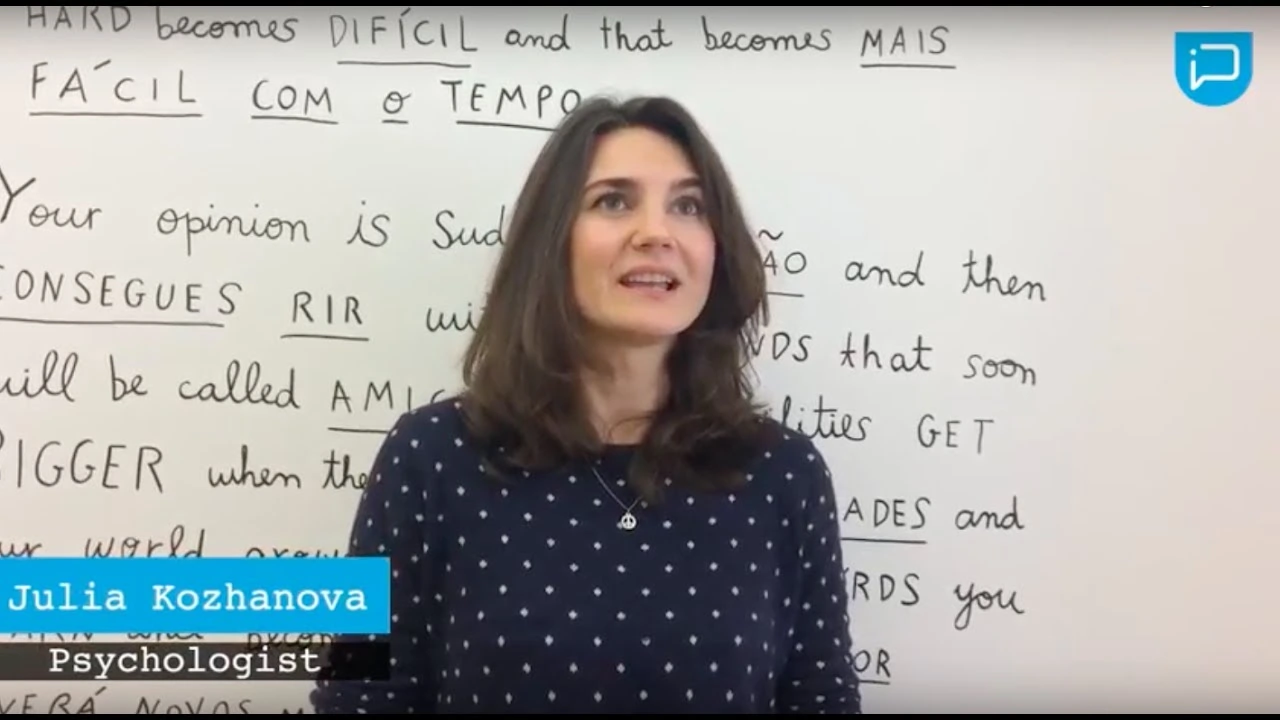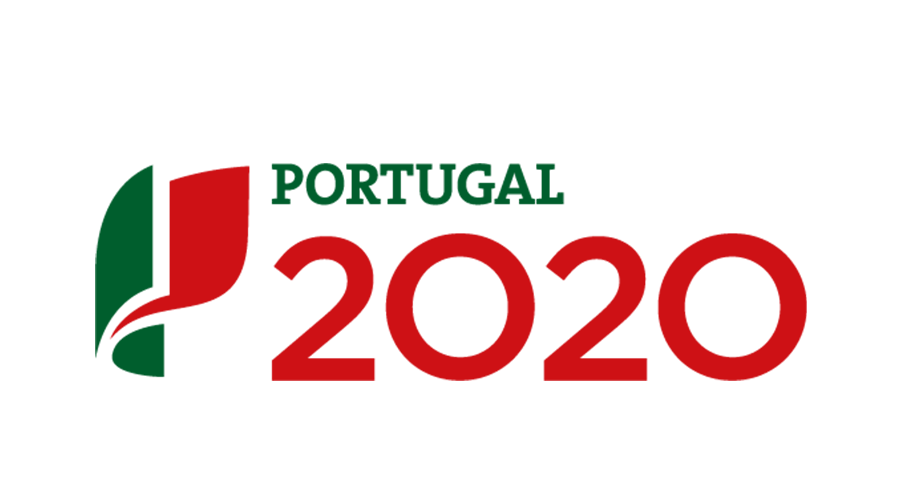Coming to Lisbon
Here you can find everything you need to know before your arrival in Lisbon!
Preparation and Arrival
Planning a trip to a new country/city isn’t easy and arriving in that place can be even harder. That’s why we put together a few questions and answers about this process to help you make everything easier.- This depends on what you are looking for as well as the length of time you are staying. Lisbon offers all types of accommodation: hotels, hostels, airbnb (for short stays), private rooms in shared apartments or private flats (for longer stays).
- If you are coming in the winter, bear in mind that you’ll need warm clothes, even if the sun comes out some days. If you’re coming during summer, there’s no need for jackets as the temperatures in summer are usually around 30 to 35ºC.
- You have a few different options from the airport. You can either use public transportation (the metro is the easiest and fastest way to get everywhere, but there are also buses), the aerobus (this costs €3.50 and departs from outside the arrivals every 20 minutes from 7am to 11pm), or take a taxi which will cost around €15 to the city center.
Public transportation
Public transportation can be a nightmare when you are visiting/moving to a country for the first time. It isn’t easy to find all the information one needs in just one place and that results in money being wasted. Here’s all you need to know about the public transportation in Lisbon.- The school is located in the centre of the city so there are plenty of options for you to come to the classes. The easiest is the metro. Cais do Sodré station is 5 minutes away from the school. Besides the metro, you have the train from Cascais, the ferry from Cacilhas and the following buses 758, 781, 782, 728, 760, 732, 706, 736, 735 and 714 coming from all points of the city.
- Probably yes. If you’ll be using public transportation on a daily basis it will be easier and cheaper to have the monthly card. It costs €30 per month (plus €6 for the actual card) and it allows you to use every tram, metro and bus inside the centre of Lisbon (or €40 for all transportation in the greater metropolitan area). If you are staying for a short period of time or not planning to use public transportation a lot, you can choose to use the “viva viagem” card which you can recharge when you need to with different amounts of money. The “viva viagem” card can be bought at any ticket machine located in the metro stations and some stores.
- Metro stations and some shops around the city. For the expedited card (ready in 1 day instead of the 12 days it normally takes), you’ll have to do it in Marquês de Pombal or Campo Grande metro station and it will cost you €12 instead of €6, which the card usually costs.
Touristic Information
People are starting to love Lisbon more and more and it has already become a place where everyone wants to come. If you are planning to visit Lisbon, here are some nice tips to know.- No. Lisbon is an affordable city to live in and to visit compared to other european capitals. You can have lunch for €10 or go out for dinner at a restaurant for €30 for two people. A litre of milk in the supermarket won’t cost you more than 60 cents and a beer in a bar should cost you between €1 or €2.
- Most museums are open from Tuesday to Sunday and close on Mondays. Times vary from museum to museum, but are open from around 10am to 7pm every day. On Sunday mornings there are a few museums with free entrance until 2pm.
- Close to school you’ll find plenty of places to see, such as Chiado, Terreiro do Paço or Rossio square which are symbolic places of the town that you can reach on foot. 20 minutes away by bus you can visit Belém, one of the most well-known places where you can try the famous Pastéis de Belém.
- Apart from the car option, there are two different ways you can get everywhere in Portugal: train and bus. You can catch the train either in Santa Apolónia or Oriente and the bus in Sete Rios (Jardim Zoológico metro station). You can check all the schedules for trains and buses in the sites of the respective companies CP and Rede Expresso.


